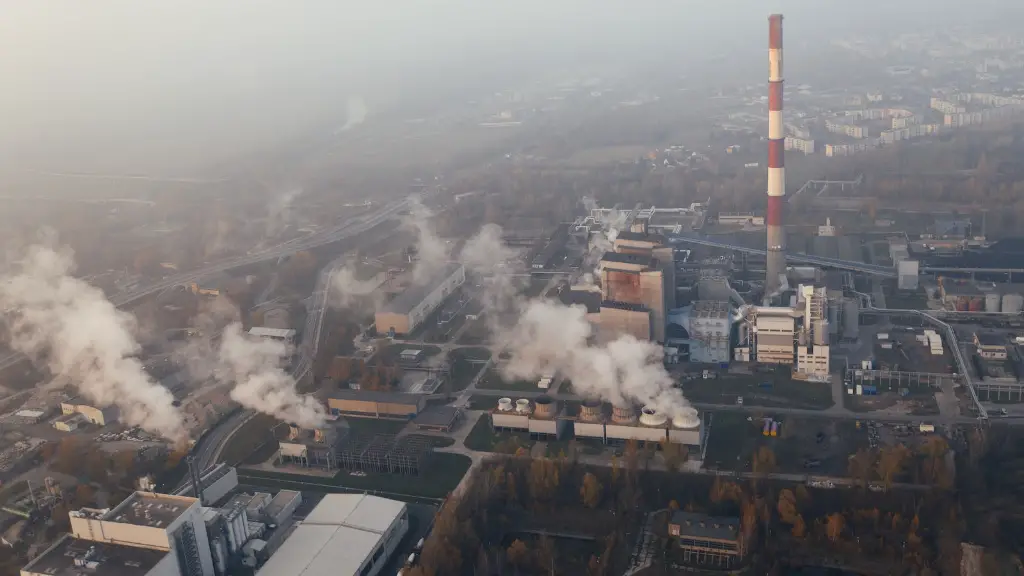Global warming is a phenomenon that has been in the spotlight for decades due to its damaging and far-reaching consequences. At its core, it is caused by an increase in the average temperature of the Earth’s atmosphere, which is inextricably tied to the amount of greenhouse gases in the air. The most common greenhouse gases are water vapor, carbon dioxide, ozone, and methane, and their presence in the environment is directly linked to activities such as the burning of fossil fuels and deforestation. As temperatures continue to rise, the cause and effects of global warming proliferate, meaning that it’s crucial to understand how it works and why it’s happening in order to effectively mitigate it and its effects.
At its most fundamental level, global warming occurs when the Earth’s atmosphere traps heat from the sun, resulting in an overall increase in air temperature. This happens because greenhouse gases absorb some of the sun’s rays, which have previously been reflected back into space, and convert them into heat. One of the main causes of rising global temperatures is human activity, such as the burning of fossil fuels which release large amounts of carbon dioxide and other gases into the atmosphere and the destruction of natural habitats by deforestation.
As the Earth’s average temperature increases, so does its susceptibility to natural disasters and other environmental changes. Some of the most damaging effects of global warming are extreme weather events such as hurricanes, floods, and droughts, as well as retreating glaciers, sea level rise, and ocean acidification. These events have a profound and long-lasting effect on ecosystems and human life, as they can disrupt food production and drastically reduce the biodiversity of an area. Furthermore, the communities and countries that are most exposed to these extreme weather events are often the least economically prepared to cope with them.
In order to combat global warming, several solutions have been proposed. One of the most effective is to reduce the emission of greenhouse gases, starting with eliminating activities that cause their production and encouraging more sustainable energy sources such as wind and solar power. Additionally, reducing deforestation and increasing reforestation can help to reduce the amount of carbon dioxide in the atmosphere. Finally, investing in infrastructure that can better protect communities from natural disasters can help to reduce their exposure to the devastating effects of global warming.
Clearly, global warming is a multifaceted issue with both natural and human causes, and the effects can be far-reaching and long-lasting. Therefore, it is important to take proactive steps to reduce its impact, both by reducing emissions and protecting communities from its consequences. By doing so, we can work toward a more sustainable future for our planet and for the people who live on it.

